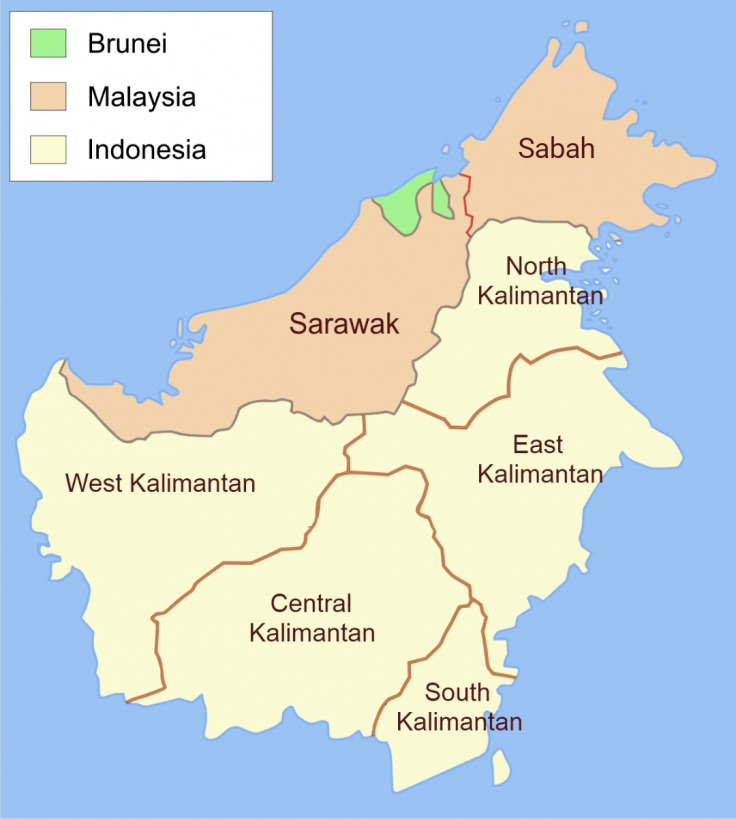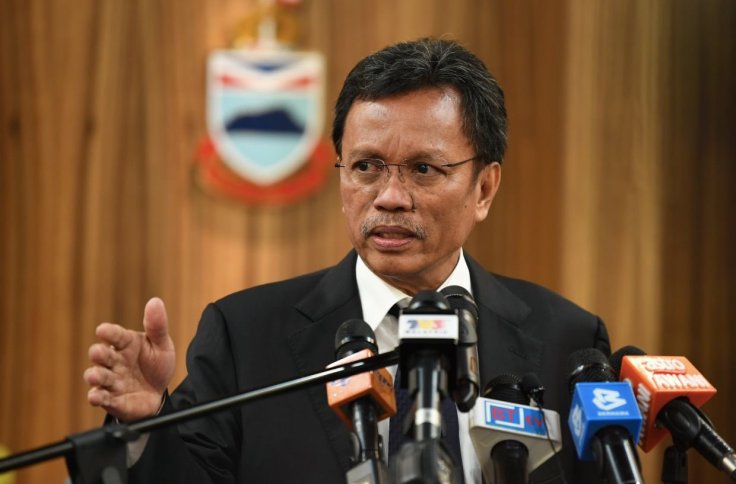A dispute going back to the 17th century is back in focus in Southeast Asia thanks to an angry Twitter exchange. Foreign secretary of Philippines Teodoro Locsin reacted strongly when the United States of America (USA) embassy mentioned the province of Sabah, also known as North Borneo, as part of Malaysia.
The foreign secretary wrote: "Sabah is not in Malaysia, if you want to have anything to do with the Philippines." Through this tweet, Philippines' old territorial claim, which seemed to have become dormant over the years, became active again. As expected, there was a strong rebuttal from the Malaysian side.
Locsin's counterpart, Malaysia's foreign minister Hishamuddin Hussein, also put out a tweet, which read: "Sabah is, and will always be, part of Malaysia." This was followed by another statement from Hishamuddin where he stated that he intends to summon the Philippines' ambassador to Malaysia to let their displeasure be known.

But Locsin wasn't done yet. He fired another tweet, writing: "No country can tell another country what it can and cannot say about what the latter regards as rightfully his own." Furthermore, in a tit-for-tat move, he said he would summon Malaysia's ambassador to Philippines to register his protest.
Sabah is currently in Malaysia's control and the chief minister of the state Shafie Apdal has emerged as a kingmaker in the ongoing political struggle to form a new federal government. Apdal is also regarded as a prime ministerial candidate.
History of the Dispute
The province of Sabah was earlier part of the Sultanate of Sulu. It became so in 1658 when the Sultan of Sulu received the province from the Sultan of Brunei, either in dowry or in return for the former's help to the latter in dealing with a rebellion, or possibly both.
On January 22, 1878, the British North Borneo Company signed a treaty with the Sultan of Sulu by which the former gained control of Sabah in return for an annual payment to the Sultan. The crux of the problem lies over the use of a word 'pajak' in the agreement which was written in Malay.

The British claim that this word means 'grant and cede' while the Sulu side took it to mean 'lease.' Eventually, the British government took over the territories of the company and the province became a part of the British empire. In 1963, this province was made a part of new nation of Malaysia.
However, as per the provision of the 1878 treaty, the Malaysian government continues to pay around $1,620 to the descendants of the Sultan of Sulu. The Sultanate of Sulu itself became a part of the Philippines. So, the annual payments are made by the Malaysian embassy in Manila to the Sultan's heirs.
But now, the Philippines is back to claiming the province. This is not a new phenomenon. In the past also, the Philippines government has pressed the claims of the Sultanate. On two occasions, these claims have been made in a violent manner.
First, in 1967, the then ruler of Philippines Marcos Ferdinand planned an action by a militia of around 200 Muslims, trained by his government. However, when the plot became known, Marcos' government, allegedly, killed off all those fighters.
The second violent attempt at taking over Sabah was in 2013 when, again, a militia of approximately 200 men landed on the coast of the province and laid siege to an area. Eventually, the attack was repulsed but around 60 people died in the fighting.









